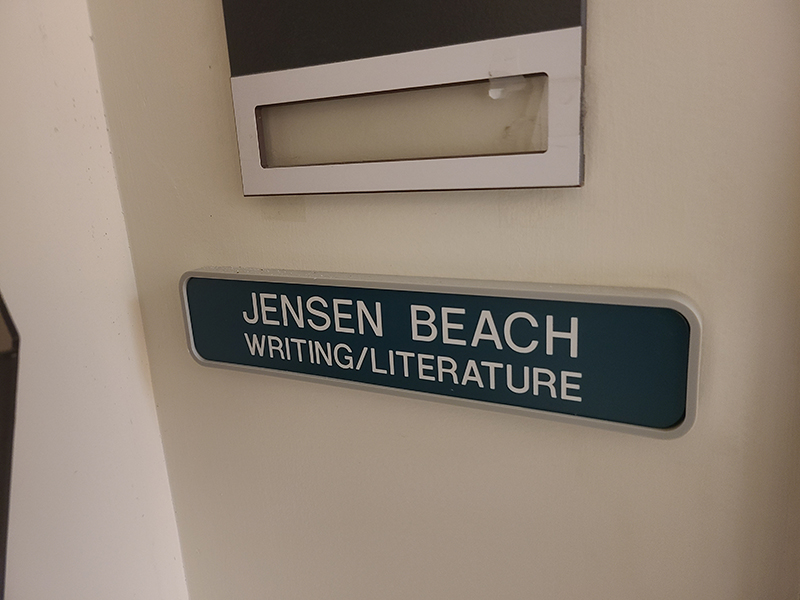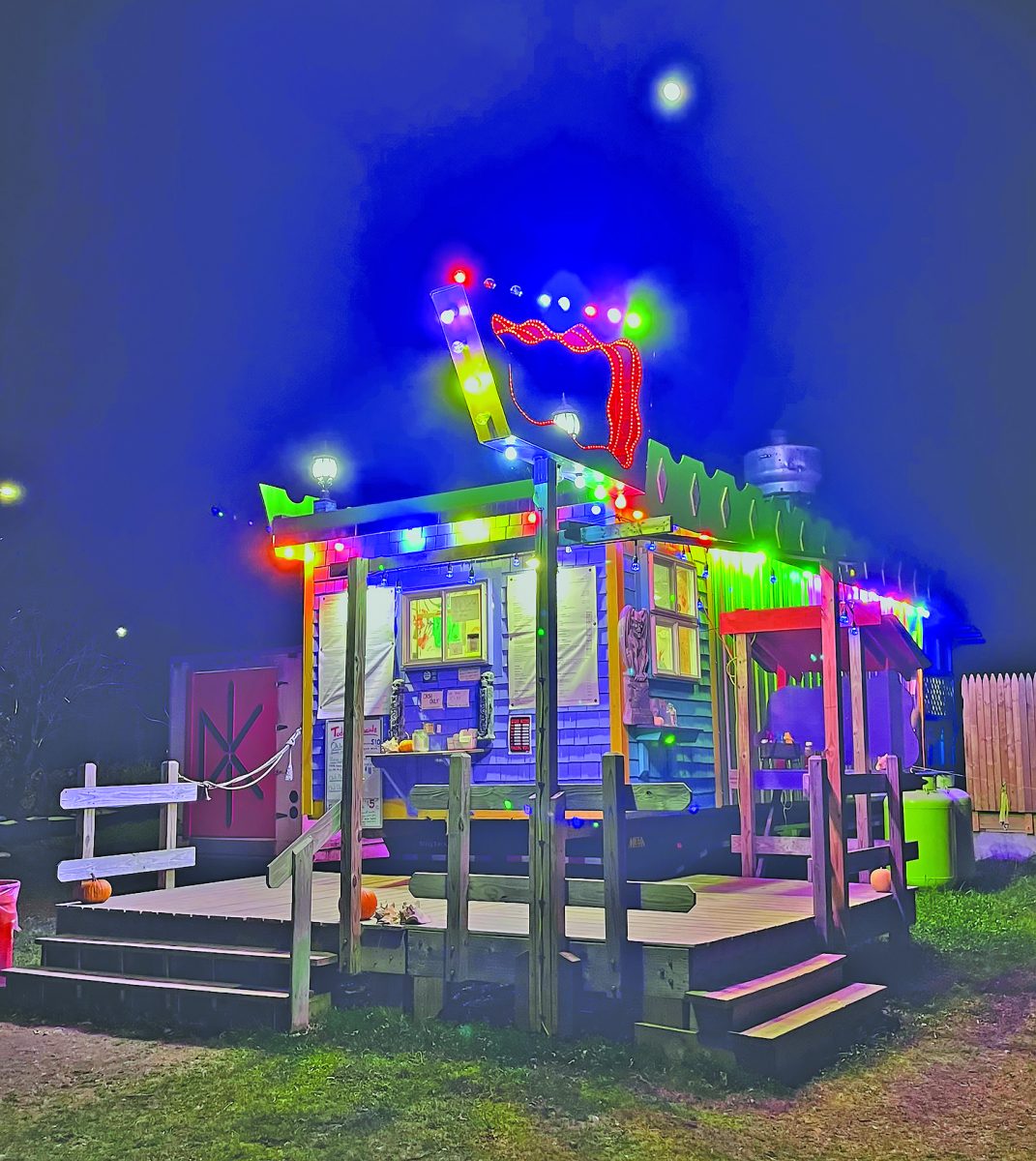JSC was honored with a visit from the state’s foremost expert on scat. No, she is neither the legendary crooner Mel Torme nor a politician. She is Sue Morse, and if you’ve never heard of her, it might be time to get out from under your rock, where, by the way, she could find you without even trying.
Morse is a star in the world of tracking, and her fame grows with each year that she continues her quest to help wildlife by educating those around her best poised to help them, namely biologists and citizen-scientists. What was she doing here at JSC? Let’s backtrack a bit.
Bob Genter is a professor in the department of Environmental and Health Sciences, where he researches E-coli. “The research that we’re doing is looking at water quality in streams of the Lamoille Basin,” said Genter.
For five years Genter’s research has been funded by the NSF (National Science Foundation) and has been student-focused, meaning students played a large role in piloting the projects. The NSF has reconsidered the efficacy of this choice.
“The NSF wanted it to be faculty-focused,” Genter said. They want the greater continuity for the project that allowing faculty to direct the research will provide. Though Genter’s role in the larger ongoing project has been focusing on E-coli in the scat within the Lamoille River watershed, this is the first year Genter has called in Morse, with whom he has long communicated, to play an active role in educating his researchers.
In a flier widely distributed via email to the JSC community, Genter asked for anyone interested in helping with the project, capable of braving Vermont’s winters, woods and weather, and interested in being educated by one of the world’s foremost trackers, Sue Morse, to attend a series of educational seminars, the first of which occurred on the last Wednesday of January. In the flier, he specifically called upon retirees who might have the time and the community spirit necessary to get involved.
All interested citizen-scientists met Jan. 30 in the Stearns Performance Space and Genter was pleased with the approximately 20 respondents who attended. Genter agrees that Morse’s fame and appeal were likely the biggest draw. “She had actual feet /paws of many of the animals that we passed around and discussed,” said Genter. “I was also instructing and talked to the crowd about the research that we are doing on microbial source tracking—and how their work will support it.”
Microbial source tracking indeed. In case you didn’t catch that, by bringing Morse and Genter’s two areas of expertise together, this project is not ultimately tracking the animals of the forest as much as the teeny tiny critters crawling around inside their intestines, specifically E-coli, a bacterium found in warm-blooded animals, which is to say birds or mammals. A broader goal is to help determine how E-coli winds up in the lake. An even broader goal is to combat global climate change.
“The National Science Foundation thinks that global climate change is a serious problem that needs to be addressed,” said Genter. “The scientific community will tell you that we can turn it around…It’s clear we can do it: The problem is the political will.”
The indoor seminar will be followed by five more out in the field. The next is Mon. Feb. 25.
Unfortunately, it is too late to join up to help out this year, said Genter, but those interested can wait until next year as the research will be continuing. Anyone interested in Genter’s research can find him easily here at JSC. Anyone interested in Sue Morse’s work should visit www.keepingtrack.org.
According to the site, Morse founded Keeping Track in 1994 “to train professional biologists and citizen scientists alike in wildlife monitoring skills.”




